Previous Winners
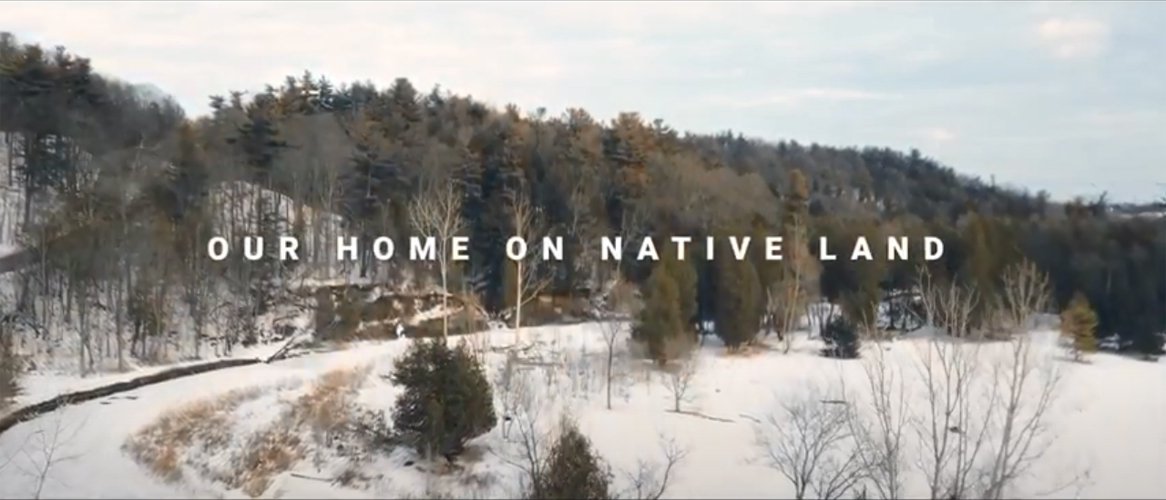
1st prize
Alicia Campbell Our Home on Native Land
The Indigenous people of Canada have occupied the lands of Mishiki Minsi (North America) for time immemorial, developing wisdom that has been passed down through generations. The culture and livelihood of these people are deeply rooted in their traditional lands and practices. The colonial history of North America destroyed Indigenous cultures, livelihoods, and ways of knowing and Indigenous communities in Canada still suffer from higher rates of poverty and inequality. This subjects them to environmental racism. How is climate change going to impact Indigenous people, communities and cultures and what teachings, stories, and ways of knowing will be forever lost with the change? As researchers and scientists with a privileged platform, it is important that we enable these communities to share their stories and ensure their voices are heard. We must allow them to work in the co-creation of knowledge and to share in our research and climate policies.

2nd prize, Tied
Tyler Lake Why You CANNOT Recycle Coffee Cups
All coffee cups found during the filming of this video were picked up and disposed of properly. Municipalities go to great lengths to educate the public about what can and cannot go in their blue bins, yet confusion still exists as to why paper coffee cups cannot be recycled. In this video I illustrate that disposable coffee cups consist of more than just paper. They are lined with polyethylene plastic, like a grocery bag, which protects the paper from decomposition. Unfortunately, this makes paper coffee cups impractical to recycle. If they are placed in the blue bin, recycling facilities must sort the coffee cups from quality recyclables, which is inefficient and leads to waste. Furthermore, when coffee cups are littered, the plastic liner remains in the environment long after the paper has disintegrated. This has long term implications for the health of wildlife and the public. Fortunately, a solution exists if the public is motivated (and informed) enough to take action: simply utilize a reusable mug.
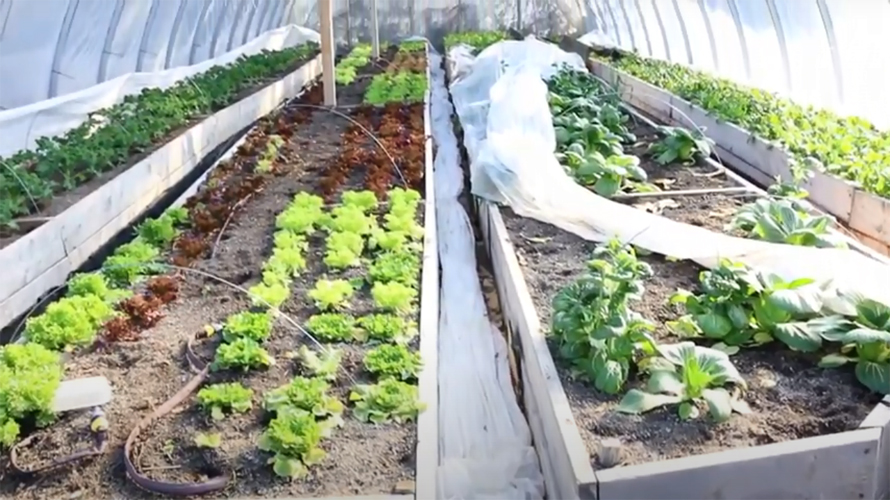
2nd prize, Tied
Michela Reinink The Farm Next Door
Let's envision a future that works for everyone and protects our planet. Let's reimagine the urban areas we already have. The production of food is intrinsically tied to the environment, and longterm sustainability is going to require some creative solutions. This short film examines the possibility and potential benefits of urban farming, and speaks to two individuals living in Toronto who are already committed to making this reimagined future a reality.

3rd prize, Tied
Jessica Kassar Modest Magicians: the hidden pollinators of our planet
This video explains the significance of various insect pollinators and the challenges that human activity has posed on their survival. It explains pollination, highlights the current threats that insect pollinators face, and explores what we can do to help them.
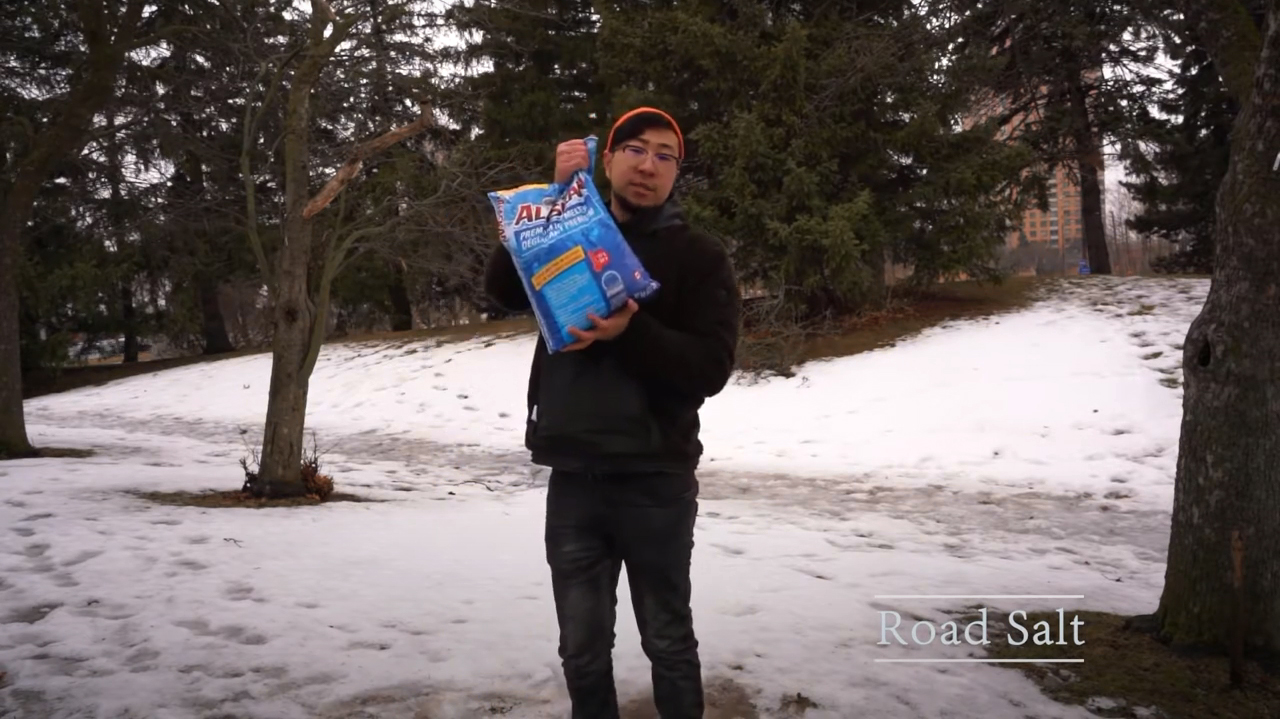
3rd prize, Tied
Hao Mu Road De-icing Salt: A Threat to Our Environment
Winter is undoubtedly the iconic season of Canada. This results in regional problems that are less pronounced in other countries. This video emphasis the environmental consequence caused by road de-icing salt. As the most cost-efficient method, road salt is irreplaceable to ensure road safety. However, using salt can cause severe issues with groundwater, regional watershed, and aquatic ecosystem. Alternate options including using beet juicy to help road salt stay longer on the road, which avoids using excessive road salt. De-icing salt is recognized as an environmental issue over decades. It was first labeled as an urgency way back in 2001. People do know for sure that this is harmful to our aquatic system and environment. However, the sad truth is: the government really does not do much with substantial financial benefits.
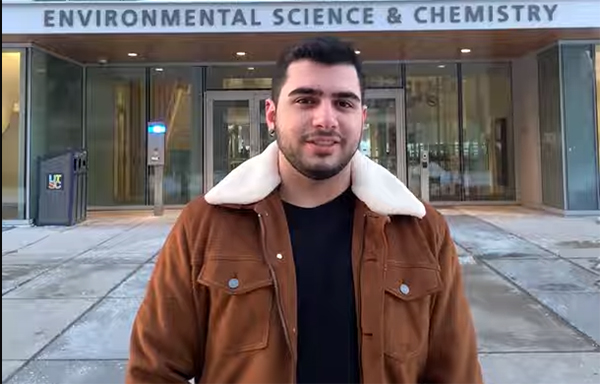
1st prize
A different kind of ecosystem, by Nash Abdulhamid
When discussing biodiversity and species protection, there seems to be a bias towards tropical or temperate ecosystems that are easily accessible. However, the Canadian Arctic is home to many incredible species that get very little attention due to the inaccessibility of the area. Very few wildlife photographers or media are able to visit the Arctic to shed light on some of these species. With global warming leading to melting polar ice caps, the future of these Arctic animals is unpredictable. It's time we start paying attention to our ecosystem to ensure their future stability.
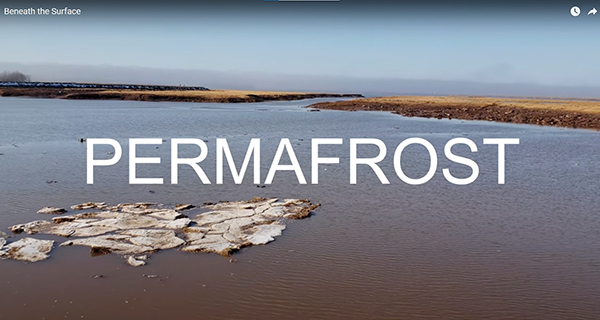
2nd prize
Beneath the Surface, by Lindsay Colyn
The climate crisis is a popular topic around the world. Water pollulation, air pollution, habitat desstruction...but outside of urban centres and parks exists a problem most Canadians are not talkign about. Permafrost melting is a prevalent issue in Canada. It affects communities, infrastructure, wetlands, plant and animal life, and is destroying ecosystems. The melting of permafrost exacerbates the climate crisis and is an issue that more Canadian need to be aware of.
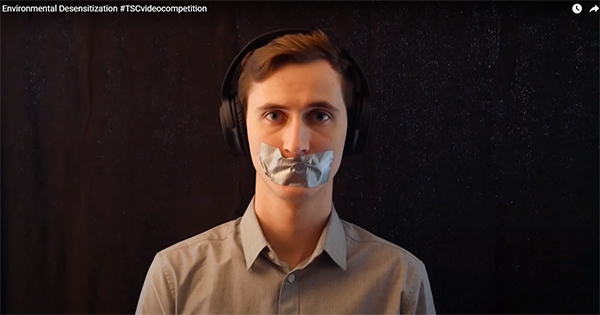
3rd prize, tied
Environmental Degradation, by Koda MacLellan
This video takes a look into one of the largest issues facing society today, that being humanities desensitization towards environmental issues. The video is composed of two parts. The first is meant as a statement on an individuals senses being robbed, as they (alongside society) slowly care less about the environment. While the second portion is a more standard call to battle, urging the viewer to regain their senses in order to combat environmental degradation.
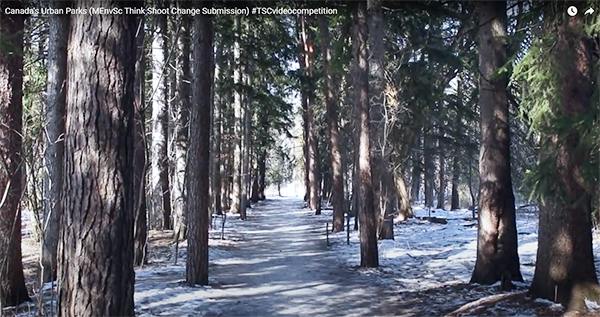
3rd prize, tied
Canada's Urban Parks, by Daniel Silver
Canada's largest cities embody many unsustainable activities, such as excessive consumption, air pollotion, and energy waste. However, they also contain some of the world's premier urban park. Thsi video draws attention to the environmental benefits of urban green space, highlighting some of the sustainable, inclusive, and fun activities that urban parks promote. As Canada's cities grow, we can use our vote, our time, an our voice to promote the expansion and improvement of city parks, creating a greener and more sustainable urban landscape for all.